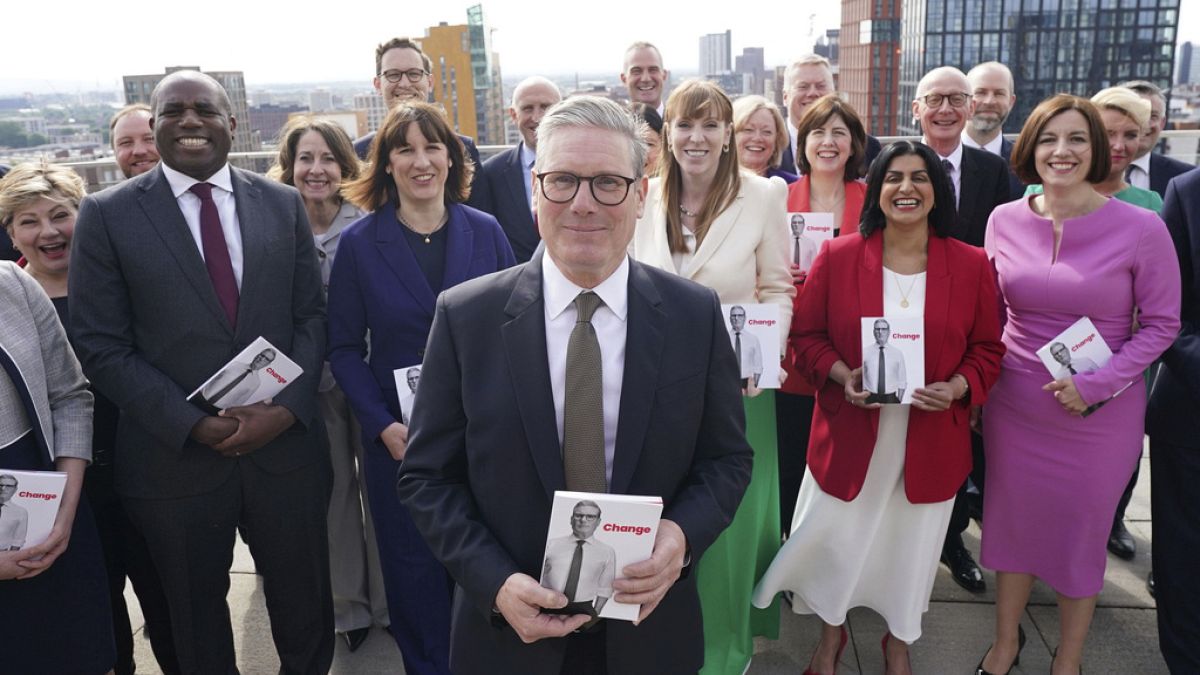Labour leader Keir Starmer has made it clear that he does not plan to radically overhaul the UK’s relationship with the EU, even though he is critical of Boris Johnson’s post-Brexit arrangements. With Labour leading in the polls for the upcoming general election, there are questions about whether the party will reconsider its 2016 decision to leave the EU. Starmer, however, has ruled out a complete return to the EU but wants to strengthen trade and security ties. Despite his previous pro-EU stance, Starmer has become more hardened against the idea of a Brexit U-turn, rejecting calls for a return to the single market and customs union.
While maintaining a critical stance on Boris Johnson’s post-Brexit deal, Starmer has refused to undo Brexit and is cautious in his approach to negotiations with the EU. His Shadow Chancellor, Rachel Reeves, has indicated that the UK would seek a less adversarial approach to trade arrangements with the EU in specific industries. Labour’s electoral manifesto includes plans to ease border checks, improve trade with the EU, and establish new agreements, such as a veterinary agreement, to facilitate exports. However, navigating the complexity of re-engaging with the EU while balancing the demands of British voters who supported Brexit poses a challenge for Starmer.
Brussels may be wary of the UK trying to cherry-pick its way back into EU relationships, offering economic benefits without full alignment with EU regulations. Labour will need to present a clear proposal to Brussels to incentivize negotiations, but any deal could involve alignment with EU regulations that may pose political risks for a Labour government. Labour’s concessions in negotiations would likely depend on the size of its majority if it wins the election and its mandate from the British public. Additionally, Labour’s approach to defence and security, including commitments to NATO and Ukraine, suggests continuity over change, with an emphasis on building new security relationships in Europe.
Labour’s commitment to NATO and defending Ukraine aligns with its Conservative rivals, indicating continuity in foreign policy. While pledging to maintain defence spending at 2.5% of GDP, a Labour government may face fiscal constraints due to economic challenges. Labour has proposed a new security pact with Europe, focusing on rebuilding relationships with countries like Germany and France. The vague details of this security pact could indicate an attempt by Labour to negotiate security issues that may not be open to a non-EU member. Overall, Labour’s approach to security and defence appears to prioritize dialogue, meetings, and public engagement to strengthen European relationships post-Brexit.








